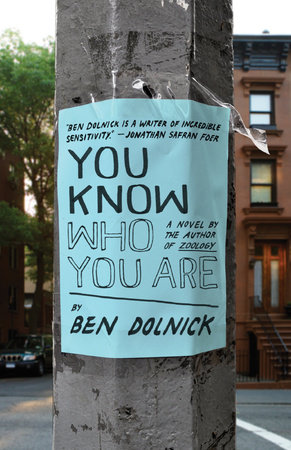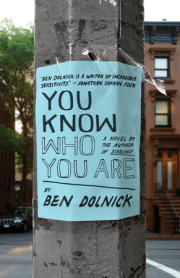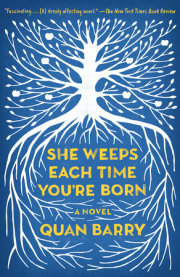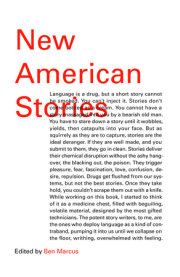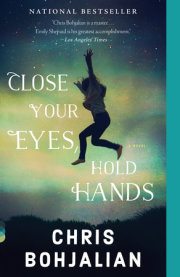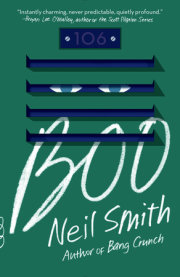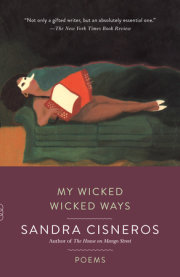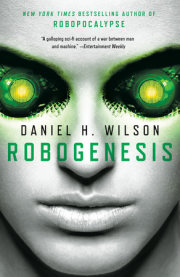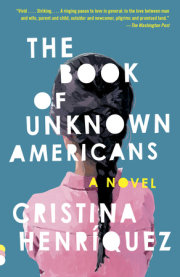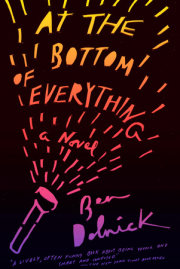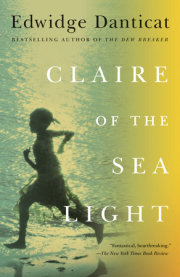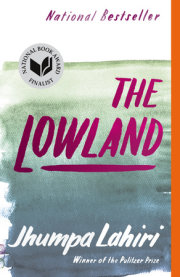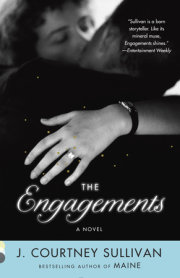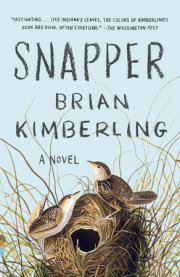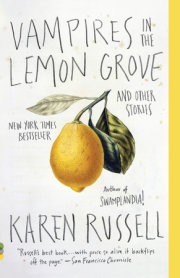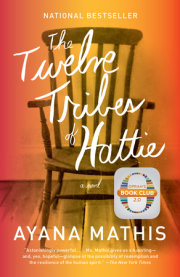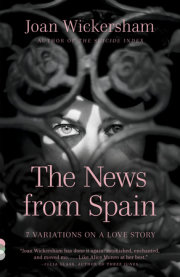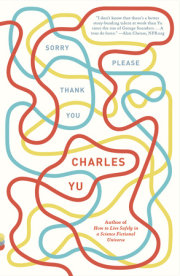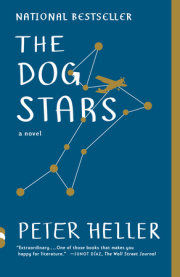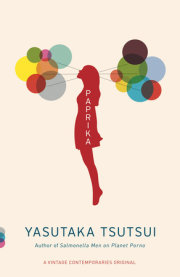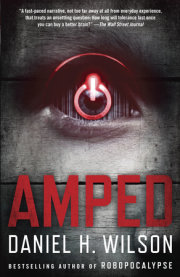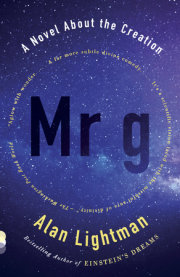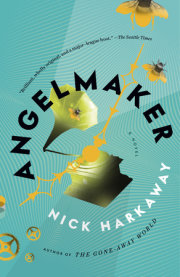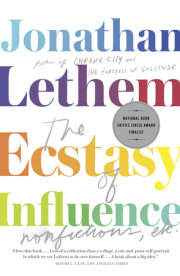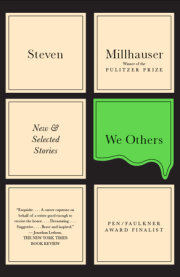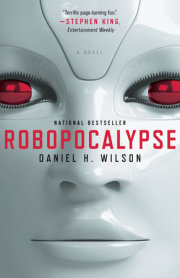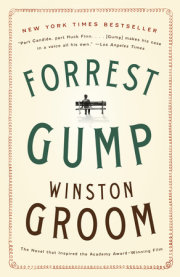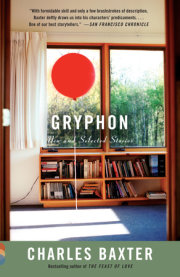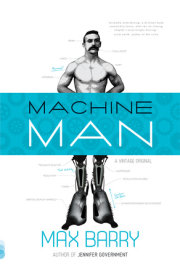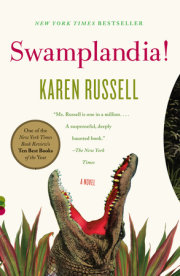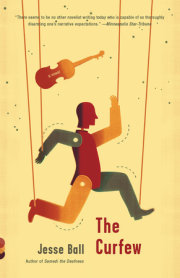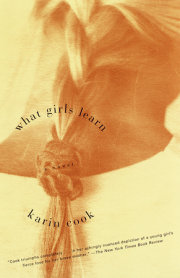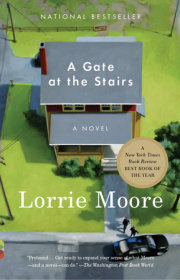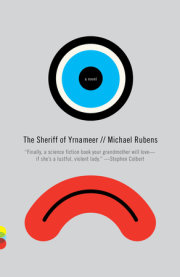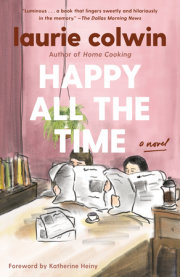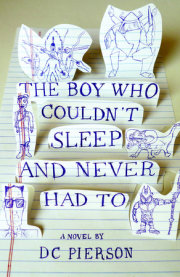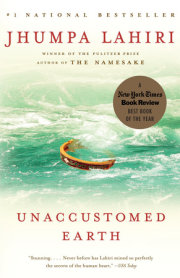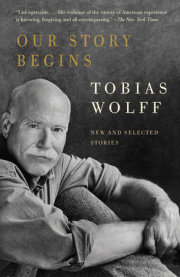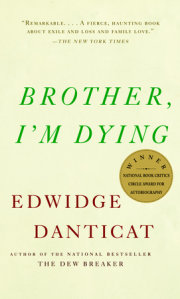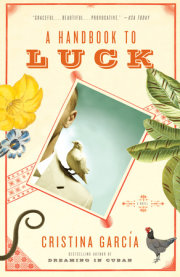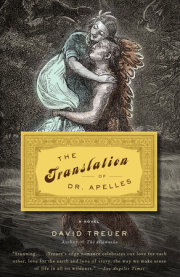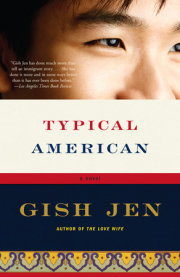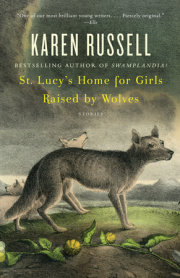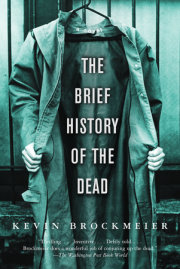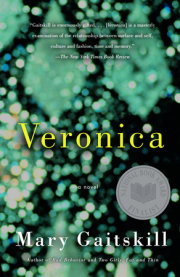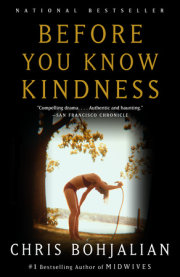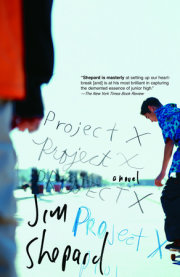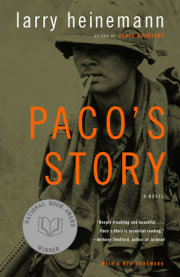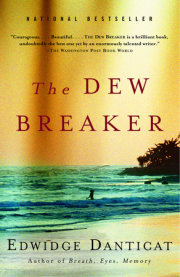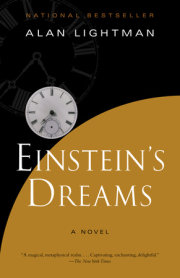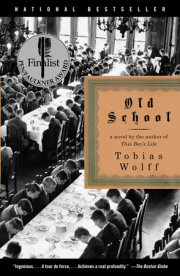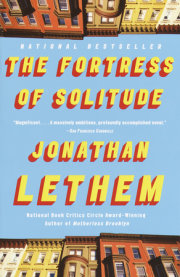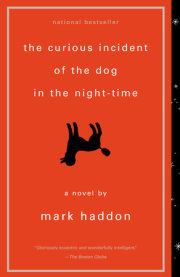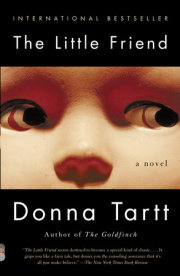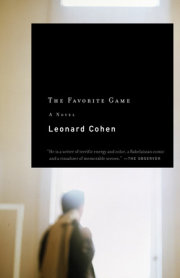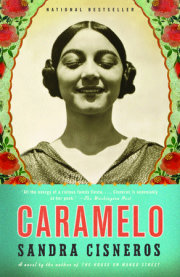Intimate Letters At ten years old best friendship is like marriage. Jacob’s first best friend, and the one he imagined, without enthusiasm, that he’d spend his life with, was Marek Bondarchuk, a boy with fine black hair and a complexion the color of chicken fat. Marek appeared at Waggoner in fourth grade, and for those first weeks, Alexandra Kohn or Sarah Gross, beaming with virtue, would invite him to pull over his desk at lunch and then he would sit there silently, not participating in or even seeming to understand the conversation, slurping the leftover juice from the tinfoil in which his food had been wrapped. Mrs. Sobolesky spoke to him in the same voice she would have used with a dog.
The class was learning to write letters. Date in the upper right, sender’s address in the upper left. A comma after the city.
What are the initials for Maryland again? What about California? (This was Ira Maccary, whose father lived in LA and who wore Lakers colors every day.) When Mrs. Sobolesky told them to write invitations for imaginary parties, Jacob addressed his to Marek, because no else was certain to receive it without embarrassing him. Jacob understood his mistake as soon as he lay it on Marek’s desk.
Marek began to follow Jacob around at recess. He turned out to speak English well enough. “Let’s play four-square.” “Let’s race, on the count of three.” “Watch, I can jump over the fence with no hands. Can you?” On Halloween he invited himself to trick-or-treat in Waggoner—he said his parents had insisted on it—and after an evening spent following Jacob and Cara from porch to porch, he handed over all his KitKats and Snickers, his eyes huge with hopefulness. Jacob wasn’t such a hard catch. He had begun to fear that he was destined for nothing but conditional friendships, to lingering on the edges of other people’s happiness. He fought back his better sense and forged ahead. Suddenly he had a name to call when Mrs. Sobolesky asked for partners.
“This smells like Marek!” Alexandra Kohn shouted, holding up a clear bottle of vinegar during a science lab. This was near Thanksgiving break, after Marek had become something of a pariah.
“This looks like Alexandra!” Marek shouted back, holding up a picture in his textbook of a perfectly ordinary-looking woman using a hair dryer.
Their friendship consisted mostly of carrying out various of Jacob’s schemes. They turned the Bondarchuks’ living room into a fort. They recorded a radio show in which Jacob was a detective and Marek was a criminal, accused of having killed his neighbor. Jacob tended to lose interest in these ideas halfway through, and Marek would be left to clean up or to explain to his parents why their bedding was draped over the dining room table and covered in masking tape. Marek’s parents—his father was an engineer, his mother a day-care teacher—were so happy about Marek’s having a friend that they didn’t dare complain. Mrs. Bondarchuk told Jacob to invite his parents over for dinner, and asked him about his brother and sister, and sent him home with pockets full of the sticky, dented candies they kept in a heavy glass bowl on the key table.
On weekends, they’d lie in the dark in Jacob’s room, Marek in Will’s old bed, and Marek would say, “Who do you think is Mrs. Sobolesky’s favorite kid?”
“I don’t know. Vincent?”
“No. I think she likes you. She’s always joking with you. She hates me. She thinks I’m so annoying.”
Jacob agreed, but he said, “No. The only person she really doesn’t like is Isaac.”
“I know! Did you see when Isaac spilled glue? Mrs. Sobolesky said, ‘Damn it, Isaac.’ ”
Jacob hoped this was an acceptable place for their conversation to dock for the night, so he let himself not answer, let his eyes fall shut, let his cheek drift to the pillow . . .
“Are you awake?”
“Yes.”
“Good. I thought I heard you snoring. My mom snores so much my dad sleeps in the study.”
“Huh.”
“Does anyone in your family snore?”
“I don’t know.”
“Do you want me to shut up?”
That spring Marek joined Jacob’s soccer team, and he was prepared to bear it—to pair off with Marek for all the dribbling drills—until, entirely without meaning to, Jacob fell in love with someone else. He’d known Owen Polo ever since kindergarten and had always thought of him as a not particularly funny class clown, but one day Jacob happened to be standing nearby when Owen was impersonating their coach, a Brazilian man named Viktor. Viktor had a spongy head of white hair and teeth like raw corn kernels. None of the boys would have been surprised to learn that he was eighty. His body was spry, though, and he talked about having played against Pelé in a tone that wasn’t overly impressed. He regularly worked himself into a spitting rage.
Owen had turned his feet inward, beaten his hands together like claws, and said in a hoarse, accented voice, “Owen! You are a stupid shit! Go home and never disgust me like this again!” The laughter hit like a revelation. That afternoon Jacob began mooning around after Owen, asking him to do Viktor again and learning that he had many others just as good—Louis Armstrong singing “What a Wonderful World,” Mrs. Macomb asking weepily why no one had signed up for her dancing club. Eventually, with a shy smile, he did his Marek impression too—“Vy is everyone battering me? Go to hell! All of you go to hell!”—and Jacob found himself breathless. Owen was short and solid and had a gap between his front teeth that made him seem to be joking even when he wasn’t. He was the only boy Jacob knew who already had longish hair.
One day at recess, as Marek and Jacob tossed back and forth a Nerf football with a chunk bitten out, Marek said, “Why is Owen such a show-off?” Jacob murmured and shrugged. “He acts like he’s the only one who knows any jokes,” Marek said. “He looks like a girl.”
Marek realized before Jacob did that Jacob really would abandon him, that such a thing was possible. “Why do you act like that now?” he said. “You’re Owen’s little toy. I saw you following him after school. You look so stupid. You look like a dog.” It was true, but in Owen’s company Jacob was happy; it felt as if someone had thrown open the curtains. When they were together they talked easily, with delightful freedom, about which girls in the class they would kiss if they were forced, and about how far their siblings had gone, and about how ridiculous Ethan Blunck was, who cried whenever the Redskins lost, and Sharon Cross, who kept her patrol badge in a plastic bag so it would never get scratched.
Playdate seemed much too meek a word for their afternoons—they snuck into neighbors’ backyards, spied on Owen’s brother, wrote other people’s initials in wet cement. One day Owen announced that Jacob could put anything he found in the kitchen into a tablespoon and he would eat it for fifty cents. Jacob held out a spoonful of peanut oil, anchovy paste, vinegar, and Marmite (Owen had English cousins), and Owen slurped it into his mouth, then squeezed his eyes shut while he choked it down. Afterward he ran around the house shouting and banging into walls, like a cartoon character with smoke pouring out of his ears, and Jacob thought he would burst from glee.
At the beginning of May, Jacob stopped dragging his desk over to Marek’s at lunch. Marek didn’t have the sense—or the cowardice—to accept this fate calmly. “You don’t want to sit with me anymore?” he said, standing with his lunch above Jacob and Owen. The windows were open, the trees were drooping with green, the air was bright and chaotic with hope and pollen.
“There just wasn’t room to move my desk,” Jacob said, flushing.
“Woof woof,” said Marek.
When he wasn’t with Owen, Jacob was replaying conversations they’d had, even muttering the things they’d said, thinking about jokes he ought to have made or jokes he had made that had gone over especially well. Always there were a handful of recent memories—impersonations Owen had done, snatches of a song, faces—that Jacob could touch in his mind to make laughter come spilling out of him like coins. They started calling each other “my liege,” or sometimes “liege lord.” These were phrases Owen had picked up from a social studies unit on feudalism, and Jacob knew only that they had something to do with horses and fields and knights, but he knew that they were absolutely right. Saying them or hearing them gave him a jolt, like tuning forks against his skin.
Marek appeared one afternoon at the Vines’ front door. “Here,” he said, and shoved a piece of paper into Jacob’s hand. “It’s yours. I don’t want it. I hope you fuck my mother and die.”
Dear Marek,
I would be so happy if you would join me next week at my party. There will be dancers, and magicians, and so much macaroni and cheese— Marek stood at the bottom of the porch stairs, watching Jacob read. “You are an asshole to me!” he shouted.
“Marek,” Jacob said, with no notion of what else he might say.
“It’s too late! I’m not your friend!” Marek took off up the street running.
The clearest signal, in retrospect, that something was wrong with Jacob’s mother that spring was the uptick in his freedom. His parents gave in easily when he suggested that he eat leftover spaghetti for dinner in front of the TV, and when he came home late from Owen’s house, armed with excuses, he found that they hadn’t even wondered where he was. When he climbed into his mother’s lap while she sat working at the table, instead of playing with his hair she told him that he was hurting her and nudged him off. He thought at first that this might have to do with Marek and Owen—they were preparing to tell him that he’d done a terrible thing and needed to apologize. Testingly, he said to his mother one day, “I think me and Marek might start being friends with other people now.”
“Is that right? That sounds smart.”
She was so listless, so frustratingly unreachable, that he asked if she was sick.
“I’m just not feeling very good.”
“Why not?”
“Oh, I don’t know, I’ve just got a little something, I guess.”
That afternoon Will took Jacob onto the porch and told him, in a voice of strained patience, that their mother’s cancer was back. The air was warm and still and there were little brown birds hopping from the patio onto the lawn. They’re not sure how serious it is yet, Will said. He told Jacob to picture a smaller version of the bubbly lump on the tree in the front yard. Jacob knew—that is, he could recite the fact—that his mother had had cancer once before, but until now he’d never thought seriously about what it meant. He’d touched the shiny pink scar on her chest; he knew that cancer was something adults took seriously and had fund-raisers about; but he didn’t understand that it killed people, or that it might kill his mother. It seemed to him, like tampons and hemorrhoids, one of the disgusting but not necessarily important features of the adult world. “Can’t she just take it out, though?” he said to Will.
“That’s what they’re always talking about. It’s not that easy, because sometimes there are little lumps you don’t know about in other places. Don’t say anything, they don’t want you guys to know yet.” Jacob decided to hear this as if Will had said that their parents didn’t want Cara to know, and he silently pledged to protect her. As soon as he was back inside he led his mother by the hand into the pantry and slid the door shut. There, under the bare bulb, between family-size boxes of Cheerios and canned kidney beans, he asked whether it was true.
“Yes, but we’re doing everything we can to get me better. You shouldn’t waste one single minute worrying about me.”
They hugged and, before she opened the door, she pulled a pudding pop from the ice-crusted freezer and promised Jacob that they were all going to take care of each other.
The next day Jacob told Owen about his mom and Owen shrugged and said that his grandfather had lung cancer and that it wasn’t such a big deal except he had to drag around an oxygen tank. “Is she going to the hospital?” Owen asked.
“No, she’s home.”
“Oh.”
This was significant to them because they were spending most afternoons then on the Vines’ third floor, looking through a book they’d recently discovered. Cara always did her best to detain them downstairs. She’d hop onto the couch beside them and talk out loud to herself as she did her coloring exercises.
“Wait,” Owen would suddenly say, during a commercial. “Didn’t you leave some homework upstairs?”
“That’s right! Let’s go get it.”
One of his parents might call out from the bedroom as he and Owen hurried up the stairs, but usually not, and anyway they wouldn’t come into his room without knocking.
The book,
Changing Bodies, Changing Lives, was a large white paperback, and though they’d found it on Will’s shelf they now kept it in the drawer in Jacob’s bedside table. Jacob had looked at it a few times before, and on his own he’d found nearly all of it not only boring but off-putting—there were chapters about birth control and fallopian tubes and self-esteem that were best flipped past entirely. But now, with Owen, Jacob found a handful of pages that seemed to have a direct effect on his heart, as if he’d injected something.
On one much-consulted page were side-by-side drawings of the male and female genitalia. The perspective was startlingly frank, legs spread, hair realistically filled in, even the sad little anus given its wrinkles. A page later were these same two people standing facing forward, their faces expressionless, as forthright and shameless in their nudity as Neanderthals. And then, farther down the same page, the same couple joined in intercourse, to demonstrate how the parts fit together. It seemed impossible that all over the country people were doing this to one another.
But they were, anywhere from one to four times a week. This and many other facts like it they got from the long “Exploring Sex with Someone Else” section of the book. They read these pages compulsively, in no particular order, so that they would still, after months of study, stumble onto passages they hadn’t yet memorized, words they hadn’t yet decoded.
Copyright © 2011 by Ben Dolnick. All rights reserved. No part of this excerpt may be reproduced or reprinted without permission in writing from the publisher.

